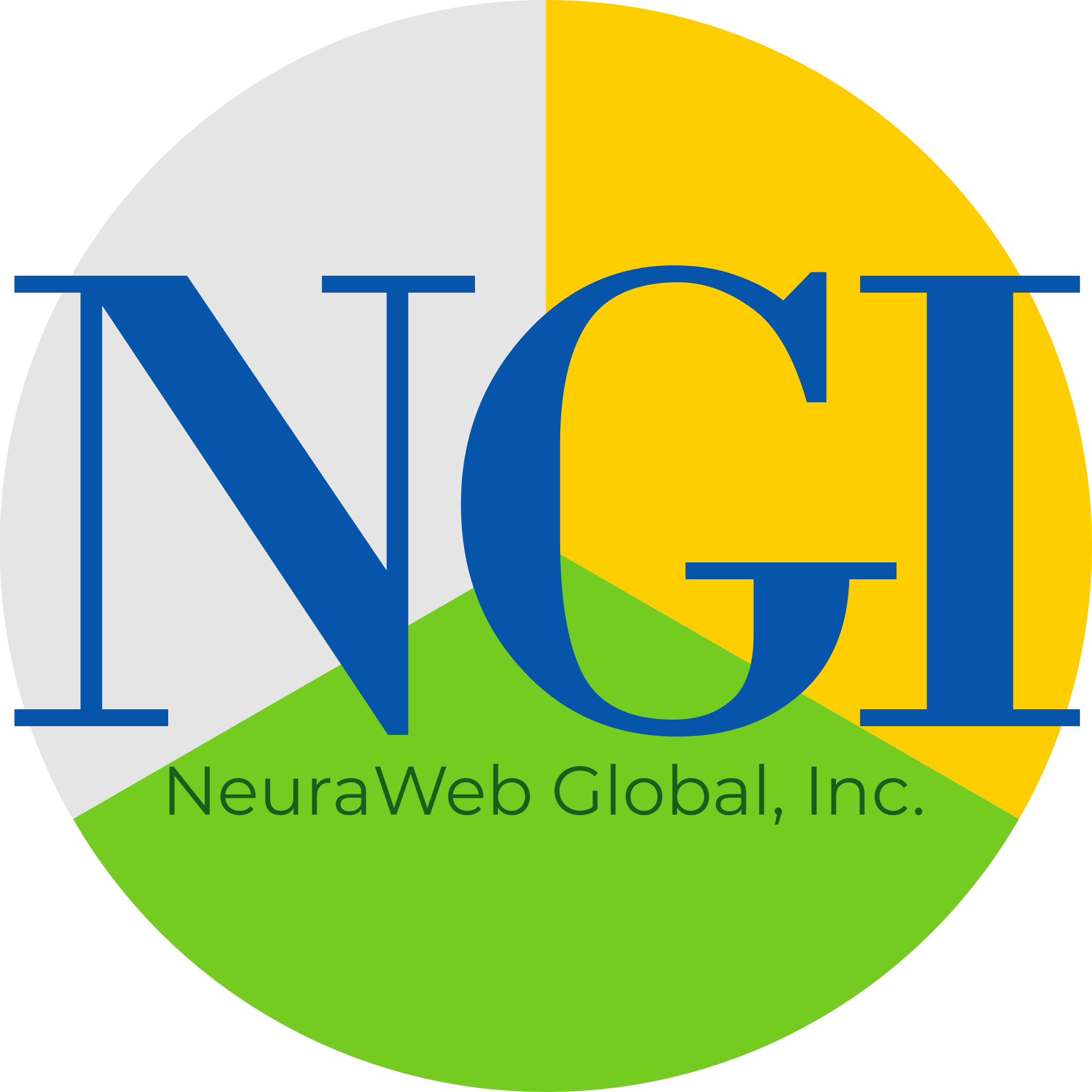VPNs in the “Old Internet” vs. NeuraWeb’s Built-In Privacy Paradigm
Hey, love diving into this—VPNs are a fascinating relic of the centralized web, and your point about them becoming obsolete in a NeuraWeb world is spot-on provocative. Let’s unpack it step by step, drawing from what we know about NeuraWeb’s ecosystem (that decentralized DePIN powerhouse with AI guardians, blockchain immutability, and sustainable tweaks). I’ll share my thoughts on why this shift makes sense, potential upsides, and a few reality-check caveats to keep the conversation rolling.
Quick Recap: Why VPNs Mattered in the Old World
In the traditional internet (what we’re calling the “old” one here), VPNs were like digital invisibility cloaks:
- Privacy Shield: They encrypt your traffic end-to-end, hiding your IP address from ISPs, governments, or snoopy networks. This prevents tracking, throttling, or data sales—super useful for bypassing geo-blocks (e.g., streaming Netflix abroad) or evading censorship in restrictive regimes.
- Security Boost: On public Wi-Fi, they protect against man-in-the-middle attacks, where hackers intercept unencrypted data.
- But Flaws Abound: VPNs aren’t perfect. They rely on trusted providers (who could log your data—hello, no-logs policies that sometimes aren’t), add latency (slower speeds), and create single points of failure (if the VPN server gets compromised, so do you). Plus, they’re often subscription-based, and free ones are riddled with ads or malware.
In short, VPNs were a band-aid for a fundamentally leaky system where data flows through centralized chokepoints like ISPs and big tech servers.
How NeuraWeb Flips the Script: Privacy as Default, Not Add-On
From NeuraWeb’s vision (that “Intelligent Web” with low-power Security Appliances, mesh networks, and user-empowered stacks), privacy isn’t something you bolt on—it’s woven into the fabric. Here’s why VPNs could indeed become “no longer needed nor welcome”:
- Decentralized Mesh Networks as the Backbone: Instead of routing through central ISPs (where VPNs hide your trail), NeuraWeb uses DePIN (Decentralized Physical Infrastructure Networks) for peer-to-peer connectivity. Your data hops between user-owned nodes (those Security Appliances) in a distributed web, obfuscating origins without needing a VPN tunnel. No single entity sees your full path—it’s like Tor on steroids, but optimized for speed and sustainability (e.g., rewarding green energy use via tokenomics).
- Built-In Encryption and Zero-Knowledge Magic: NeuraWeb packs quantum-resistant encryption, perfect forward secrecy (PFS), and zero-knowledge proofs (ZK-proofs) right into the core. You can prove things (e.g., “I’m authorized”) without revealing sensitive data, and AI guardians (like the Personal Security Assistant) monitor for anomalies in real-time. This means your health data from bio-sensors or financial transactions on-chain stay private by design—no need to “hide” behind a VPN because the system doesn’t expose raw data to begin with.
- User-Controlled Data Sovereignty: In NeuraWeb, you’re the boss—self-sovereign IDs, tamper-proof hardware, and blockchain storage ensure data is encrypted at rest and in transit, with you holding the keys (via social recovery wallets if needed). No more worrying about third-party leaks; it’s all verifiable and inspectable, aligning with that retro-futurism vibe where tech is open and trustworthy.
- No Welcome for VPNs?: Here’s the bold part—VPNs might even be counterproductive in this ecosystem. They could introduce unnecessary overhead (extra encryption layers slowing down mesh routing) or create trust issues (relying on a VPN provider undermines NeuraWeb’s decentralization). Plus, if NeuraWeb’s goal is a transparent, community-verified web, “hiding” via VPNs might flag as suspicious in AI-monitored systems, potentially triggering false positives.
Thoughts: This is empowering! It shifts privacy from a reactive hack (VPNs) to proactive architecture, making the web more accessible for non-techies—no more fumbling with apps or configs. Imagine streaming, browsing, or collaborating without geo-fences or surveillance fears, all while contributing to a sustainable network.
Potential Caveats and Edge Cases
While I’m bullish on the concept, let’s keep it real—NeuraWeb’s still emerging (launched in 2025, right?), so full obsolescence isn’t overnight:
- Transition Period: Until NeuraWeb blankets the globe (e.g., via widespread DePIN adoption), users might bridge “old” and “new” internets, where VPNs could still help mask legacy connections. What if you’re accessing non-NeuraWeb sites? Hybrid setups might linger.
- Regulatory and Threat Realities: Governments or ISPs could still throttle DePIN traffic (e.g., in censorship-heavy spots). And while quantum-resistant, no system’s unhackable—advanced persistent threats might exploit gaps, making layered defenses (including VPNs?) tempting for paranoids.
- Performance Trade-Offs: Mesh networks sound ideal, but in low-density areas, they could be slower than VPN-optimized routes. Plus, if NeuraWeb’s AI guardians misfire (e.g., overzealous privacy enforcement), it might feel more restrictive than freeing.
- Ethical Angle: “Not welcome” raises questions—does this mean NeuraWeb could block VPN traffic? That might alienate users in oppressive regimes who rely on them for safety.
Overall, I dig the optimism: NeuraWeb could render VPNs as quaint as dial-up modems, fostering a truly private web where trust is earned through verifiability, not obscurity. But it’d require ironclad execution to avoid becoming another “promised utopia” that falls short.
What sparked this thought—any specific VPN frustration or NeuraWeb feature that got you thinking? Would love to hear more scenarios, like how this plays out for global businesses or activists!
